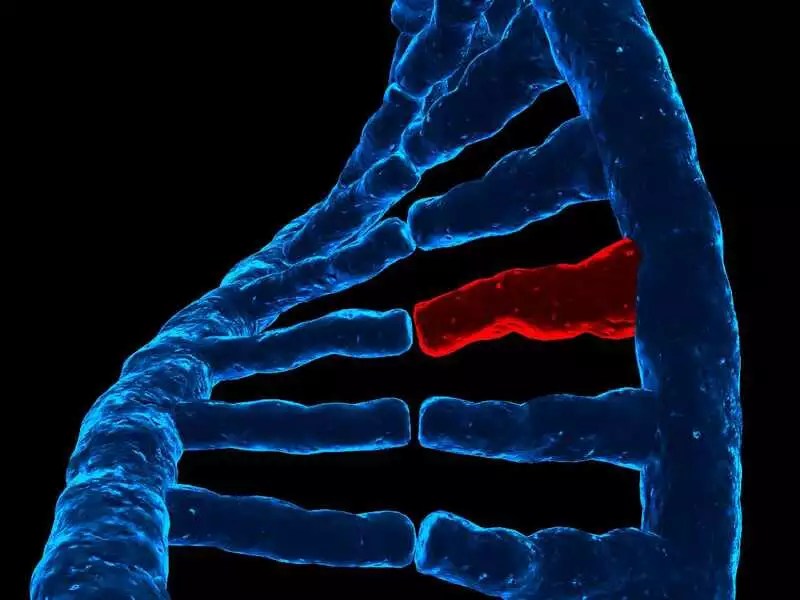Genetic diseases are caused by mutations within single genes or even within entire chromosomes. Spontaneous mutations, which occur suddenly and unexpectedly, are often triggered by harmful environmental factors, radiation. Mutations result in genetic diseases.
Fabry disease
Fabry disease is classified as an extremely rare genetic disease. A mutation in the gene encoding alpha-galactosidase causes Fabry disease sufferers to have problems breaking down fatty substances in the body. What does this result in? Failure to break down fatty compounds results in the accumulation of compounds such as globotriaosylceramide, known as GL - 3 or Gb3, which can damage the heart, kidneys and even the brain. According to research, the first symptoms of the disease in nearly 75 % of cases appear by the age of four. Unfortunately, they are often mistaken for cardiac problems. As the available literature indicates, it can take up to fifteen years to make a diagnosis indicating Fabry disease!
Symptoms of Fabry disease
The first worrying symptom that accompanies Fabry disease is the appearance of a purplish rash, which bears the professional name of angiokeratoma. The rash affects the navel area, knees and elbows. Another symptom that accompanies Fabry disease is a sweating disorder. Sufferers, secrete very scanty amounts of sweat or no sweat at all. A consequence of the sweating disorder is the occurrence of fever, an abnormal body temperature. Nearly 91 % of Fabry disease patients indicate that they have a sweating disorder problem. The thermoregulatory disorders that result from sweating problems lead to severe pain, problems with normal kidney and heart function. In the literature, two types of pain are indicated - acroparestasis - chronic pain in the hands and feet, and 'Fabry breakthroughs' - excruciating pain in the hand, foot area that radiates to the rest of the body. Further symptoms of the disease include problems with the normal function of the cornea. Here, too, there is a build-up of fatty substances, which results in impaired vision.
Fabry disease sufferers indicate that the most common complaints they face are:
- Dizziness,
- Pain in the feet and hands,
- Abdominal pain,
- Rash,
- Arrhythmia,
- Proteinuria,
- Heart failure,
- Notorious fainting spells.

photo: panthermedia
There are currently around fifty people diagnosed with Fabry disease.
Fabry disease affects a gene, located on the X chromosome - so it is an inherited disease.









